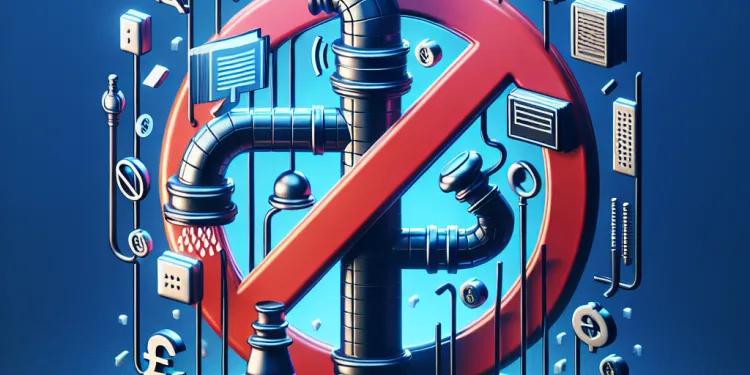
Find Help
More Items From Ergsy search
-

Is a hosepipe ban legally enforceable?
Relevance: 100%
-
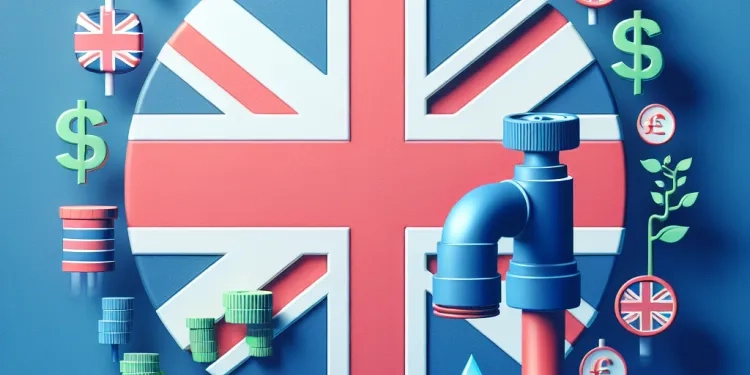
Is a hosepipe ban legally enforceable?
Relevance: 99%
-
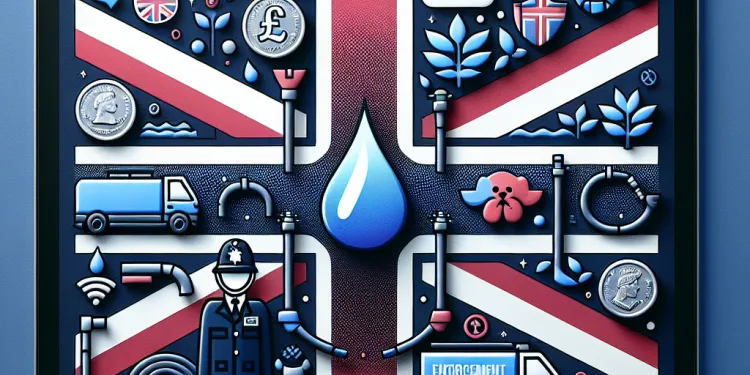
Who enforces hosepipe bans?
Relevance: 86%
-

Can water companies enter my property to enforce a hosepipe ban?
Relevance: 77%
-

Does Thames Water enforce a hosepipe ban more than other water authorities?
Relevance: 70%
-

Does Thames Water notify customers before a hosepipe ban is enforced?
Relevance: 69%
-
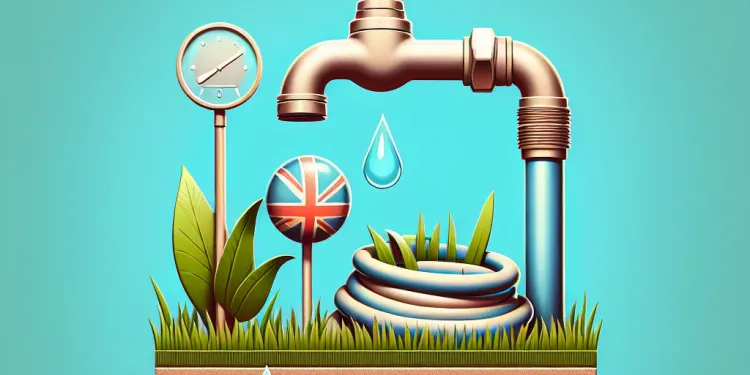
What is a hosepipe ban?
Relevance: 68%
-
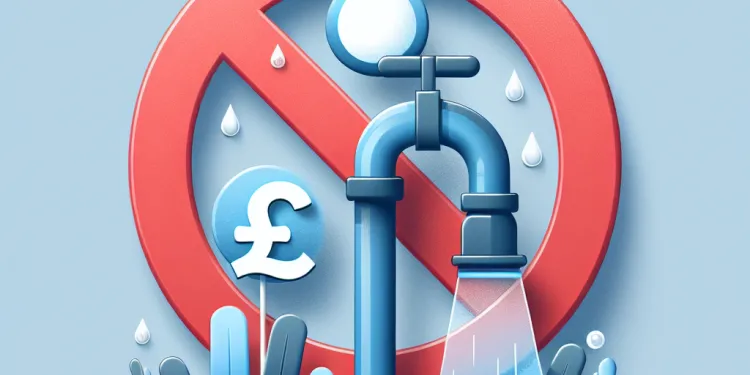
What happens if a hosepipe ban is ignored?
Relevance: 68%
-
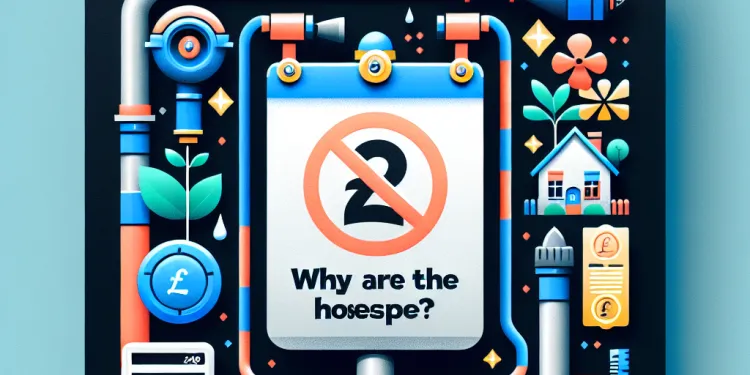
Why are hosepipe bans imposed?
Relevance: 64%
-
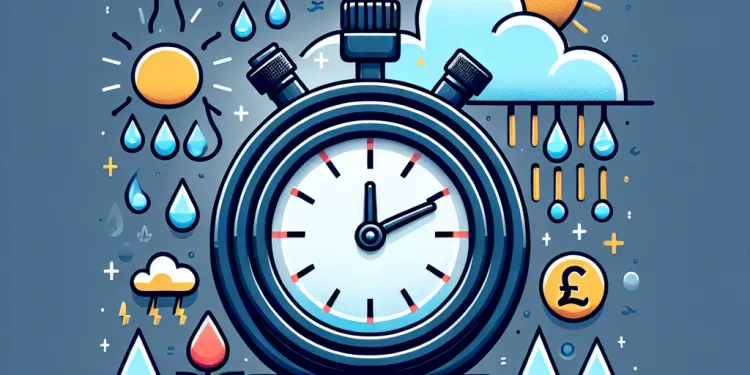
How long do hosepipe bans last?
Relevance: 63%
-

What is the penalty for violating a hosepipe ban from Thames Water?
Relevance: 63%
-

How can I check if there is a hosepipe ban in my area?
Relevance: 62%
-

Are there any exceptions to a hosepipe ban?
Relevance: 59%
-
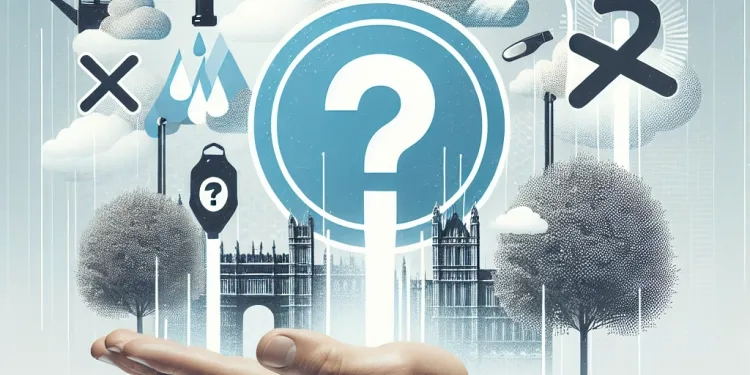
Is using a pressure washer allowed during a hosepipe ban?
Relevance: 58%
-
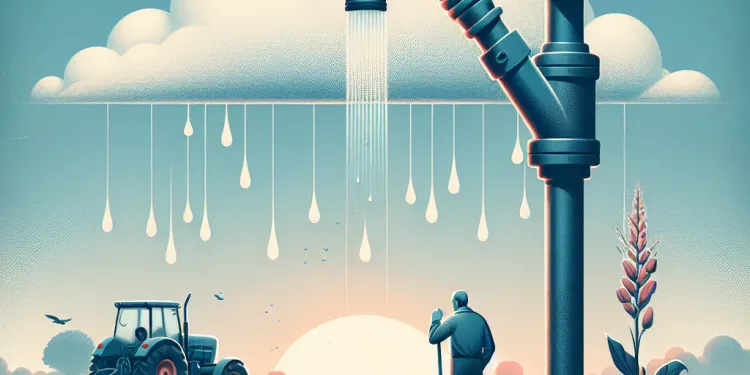
How do hosepipe bans affect farmers?
Relevance: 57%
-
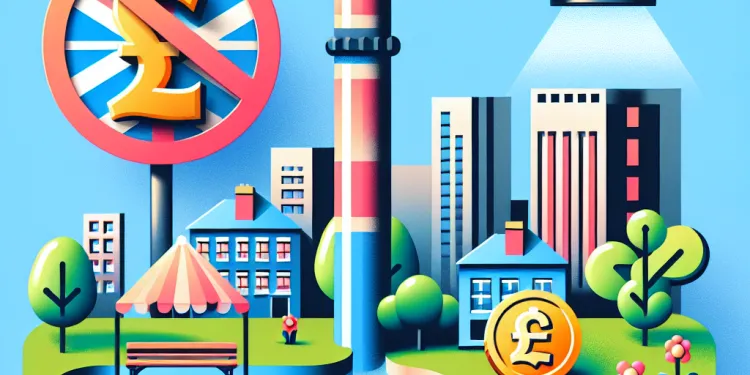
Do hosepipe bans apply to public parks and gardens?
Relevance: 56%
-
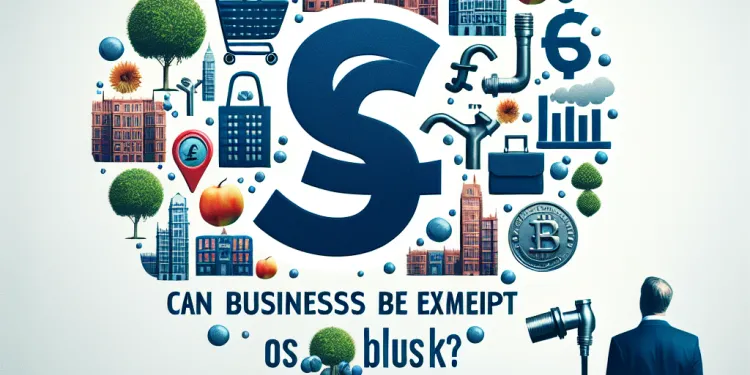
Can businesses be exempt from hosepipe bans?
Relevance: 56%
-
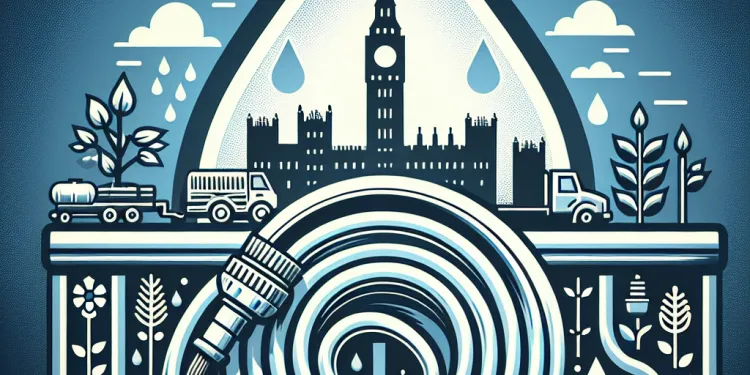
How are hosepipe ban restrictions communicated to the public?
Relevance: 55%
-
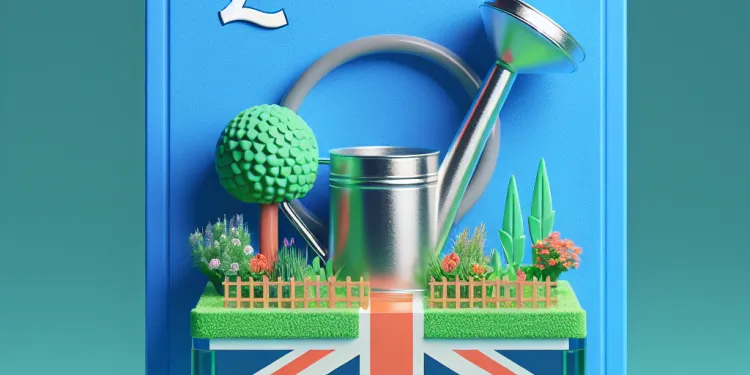
Can I use a watering can during a hosepipe ban?
Relevance: 55%
-
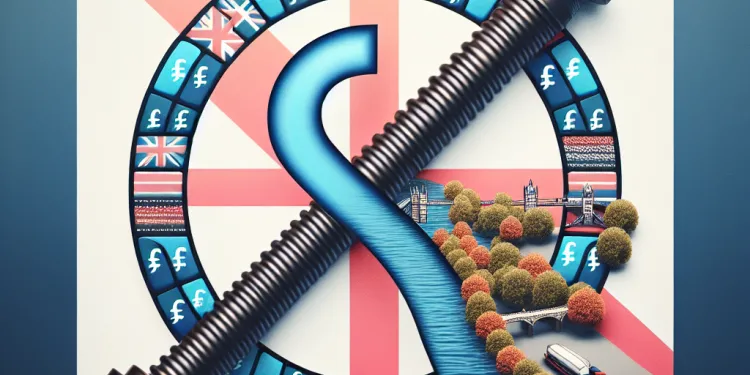
How often does Thames Water enforce hosepipe bans?
Relevance: 51%
-

Under what conditions does Thames Water typically impose a hosepipe ban?
Relevance: 51%
-

Does Thames Water impose hosepipe bans more frequently than other water authorities?
Relevance: 48%
-
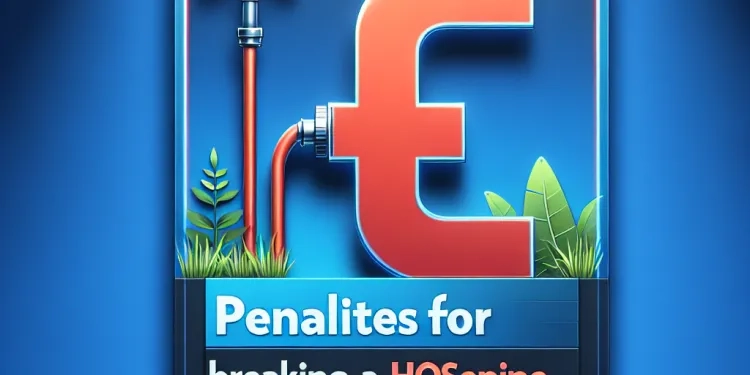
What are the penalties for breaking a hosepipe ban?
Relevance: 46%
-

What measures were put in place to enforce the social media ban?
Relevance: 45%
-

Can hosepipes be used for irrigation during a ban?
Relevance: 41%
-

Have any legal challenges been made against the social media ban?
Relevance: 41%
-
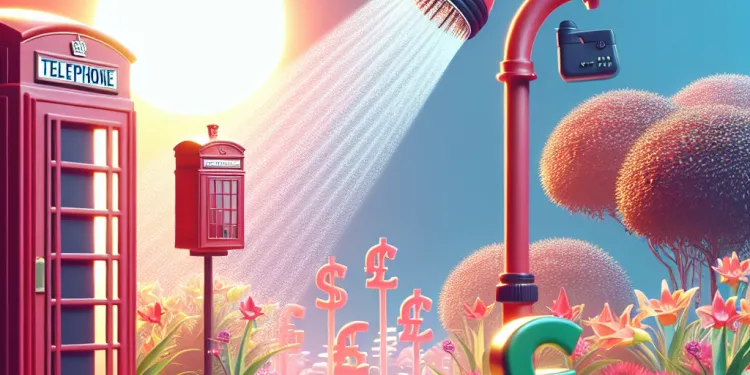
Do hosepipe bans apply to all regions in a country?
Relevance: 39%
-

Can I report a neighbor for using a hosepipe during a ban?
Relevance: 39%
-
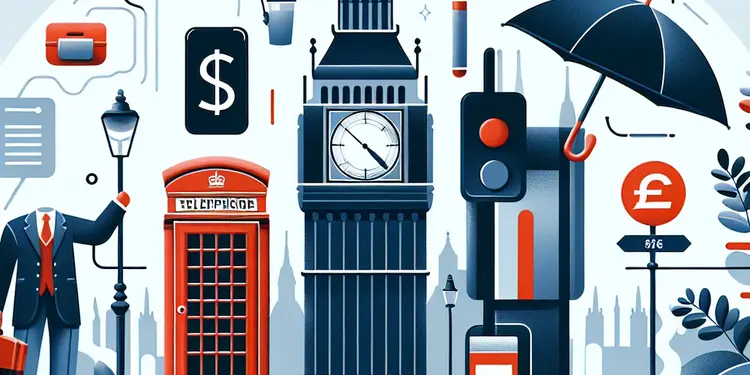
How is the success of the social media ban measured?
Relevance: 36%
-
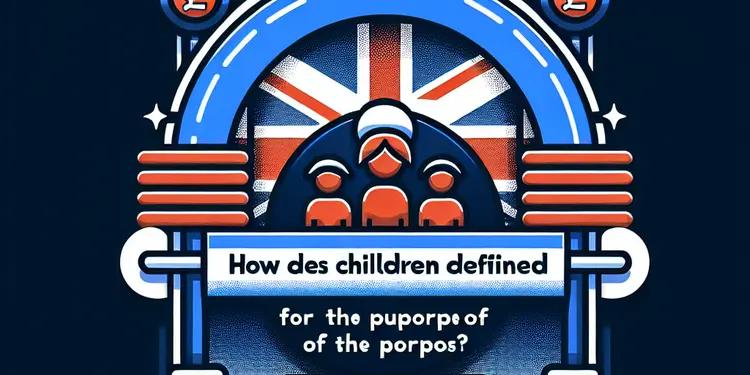
How are children defined for the purpose of this ban?
Relevance: 35%
-

How would a social media ban for under 16s be enforced in the UK?
Relevance: 35%
-

What future changes are anticipated for the social media ban?
Relevance: 32%
-
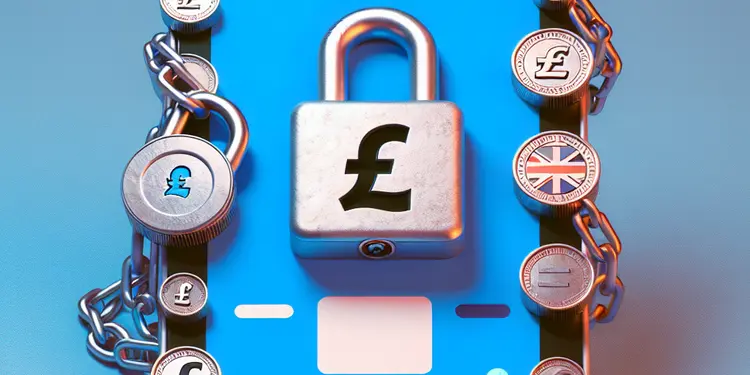
What would a social media ban for under 16s in the UK entail?
Relevance: 32%
-

Is the UK introducing a Social Media ban for under 16's?
Relevance: 31%
-
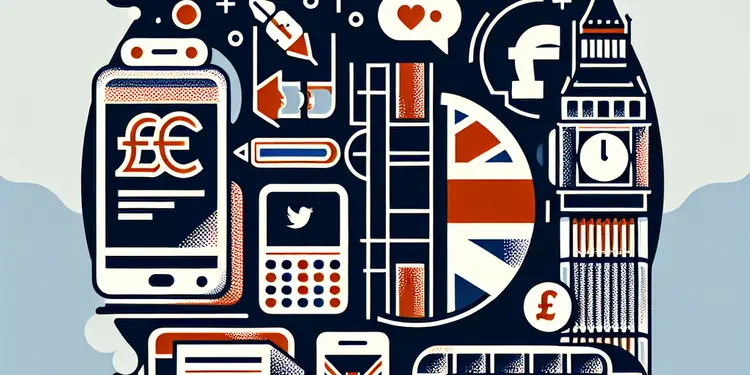
Are there any criticisms of the social media ban for children?
Relevance: 31%
-

Has the social media ban for children in Australia been a success ?
Relevance: 31%
-

Could this social media ban lead to an increase in workarounds by under 16s?
Relevance: 31%
-

What challenges have been encountered with the social media ban?
Relevance: 30%
-

What could be the legal challenges of implementing a social media ban for under 16s?
Relevance: 30%
-

What is the public opinion on a potential social media ban for under 16s in the UK?
Relevance: 30%
Introduction to Hosepipe Bans in the UK
Hosepipe bans, also known as temporary use bans (TUBs), are restrictions implemented by water companies in the UK during periods of drought or severely low water levels. They aim to conserve water in times of scarcity, particularly by restricting the use of hoses for watering gardens, washing cars, and filling pools. As the UK climate evolves with increasingly unpredictable weather patterns, understanding the legal enforceability of hosepipe bans becomes essential for both water companies and the general public.
The Legal Framework
The legal basis for hosepipe bans falls under the Water Industry Act 1991, which provides water companies the power to temporarily restrict water usage. Amendments made through the Flood and Water Management Act 2010 expanded the types of activities that can be restricted and streamlined the process for implementing bans. Water companies must provide public notice when they intend to introduce a hosepipe ban, typically through announcements in local media, official websites, and sometimes direct communications with customers.
Enforcement and Penalties
While water companies hold the authority to impose a hosepipe ban, enforcement can be challenging. Legally, individuals found violating a hosepipe ban can face fines of up to £1,000. Water companies typically rely on voluntary compliance and public reports of breaches to enforce bans. Despite the potential for fines, prosecutions are rare. The emphasis is generally placed on public education about the need for conservation rather than penalization.
Exemptions and Exceptions
Hosepipe bans usually come with a set of exemptions, designed to minimize hardship and maintain essential services. Common exemptions include the use of hosepipes for business purposes, such as in nurseries or car washes. Individuals with mobility issues or disabilities may also be exempt, as they might rely on hosepipes for essential daily activities. Water companies often provide specific details about the exemptions applicable for each hosepipe ban they implement.
Public Response and Compliance
The effectiveness of a hosepipe ban largely depends on public cooperation. In many cases, residents and businesses are willing to comply, motivated by the broader environmental impact and community spirit. Public awareness campaigns help in fostering this compliance, emphasizing both the necessity of the ban and practical ways to conserve water. Success relies heavily on a shared sense of responsibility and understanding of the severe consequences of water shortages.
Conclusion
In summary, hosepipe bans in the UK are legally enforceable under the Water Industry Act 1991, but practical enforcement relies on public cooperation and voluntary compliance rather than rigorous legal penalties. While fines exist as a potential deterrent, community awareness and education often take precedence. Understanding the legal context and motivations behind hosepipe bans can help individuals and businesses better adhere to such restrictions, ultimately contributing to water conservation efforts during critical times.
What Are Hosepipe Bans in the UK?
A hosepipe ban is when you are not allowed to use a hose for a while. Water companies in the UK do this when there is not enough water to go around. This happens when it is very dry or there hasn't been much rain. The ban helps save water by stopping things like watering gardens, washing cars, or filling up pools with a hose. As the weather changes and rain becomes less predictable, it is important for everyone to know about these bans.
What Gives Companies the Right to Enforce Bans?
The Water Industry Act 1991 is a law that gives water companies the power to stop people from using hosepipes. In 2010, another law made it easier to decide when and how to do this. Before a ban starts, water companies have to tell everyone. They usually do this by putting the information on websites, in newspapers, or sending letters to the people who might be affected.
What Happens If You Break the Rules?
If you use your hosepipe when a ban is in place, you could get into trouble. You might have to pay a fine of up to £1,000. However, this does not happen often. Water companies prefer that people follow the rules on their own. They tell people why it is important to save water instead of punishing them.
Are There Any Exceptions?
Some people do not have to follow the hosepipe ban. For example, businesses like farms and car washes may still use hoses. People who have trouble moving around or have disabilities might also be allowed to use a hose if they really need it. Water companies will explain who is allowed to keep using a hose during a ban.
How Do People Feel About the Bans?
The success of a hosepipe ban depends on how people react. Many people and businesses follow the ban because they know saving water is important. Information campaigns show people why the ban is necessary and how they can use less water. When everyone works together and understands why a ban is needed, it really helps.
Summary
In short, hosepipe bans are rules to help save water in the UK when there is not enough. Water companies can make these rules because of the Water Industry Act 1991. Instead of getting in trouble, people are asked to help by using less water. When everyone helps out, it makes a real difference.
Frequently Asked Questions
What is a hosepipe ban?
A hosepipe ban is a restriction imposed by water companies or local authorities to limit the use of hosepipes for activities such as gardening, car washing, and filling pools, typically during periods of drought or water shortage.
Why are hosepipe bans imposed?
Hosepipe bans are imposed to conserve water during periods of low rainfall or water scarcity, ensuring there is enough supply for essential needs.
Is a hosepipe ban legally enforceable?
Yes, hosepipe bans are legally enforceable, and individuals or businesses that breach the ban can face fines or other penalties.
What are the penalties for breaking a hosepipe ban?
Penalties can include fines, which vary depending on the region and the specific regulations of the enforcing authority.
Who enforces hosepipe bans?
Hosepipe bans are enforced by water companies or local authorities responsible for water supply and management.
Are there any exceptions to a hosepipe ban?
Yes, exceptions can include using a hosepipe for health and safety reasons, commercial use, or for those with special circumstances such as disabilities.
Can hosepipes be used for irrigation during a ban?
Typically, using hosepipes for irrigation of gardens or lawns is prohibited unless exceptions apply.
How long do hosepipe bans last?
The duration of a hosepipe ban can vary depending on the severity of the water shortage and the weather conditions. Bans are lifted once water levels are sufficient.
Can businesses be exempt from hosepipe bans?
Certain businesses that rely on water for their operations may be granted exemptions but must apply and demonstrate their need.
How are hosepipe ban restrictions communicated to the public?
Authorities typically notify residents through local news, mail, official websites, and social media channels.
What alternatives are there to using hosepipes during a ban?
Alternatives include using watering cans, drip irrigation systems, or collected rainwater.
Can I report a neighbor for using a hosepipe during a ban?
Yes, you can report unauthorized use to the local water company or authority, who will investigate the matter.
Do hosepipe bans apply to all regions in a country?
Hosepipe bans are usually region-specific and depend on the local water supply situation.
Can water companies enter my property to enforce a hosepipe ban?
Water companies do not typically enter private property without permission, but they may investigate reports of violations.
How can I check if there is a hosepipe ban in my area?
You can check with your local water company or authority for announcements and updates.
Is using a pressure washer allowed during a hosepipe ban?
It depends on the specific regulations of the ban, but often pressure washers are not permitted if they are connected to a hosepipe.
Can exemptions to a hosepipe ban be appealed?
Yes, if an application for exemption is denied, you can usually appeal the decision with the relevant authority.
What happens if a hosepipe ban is ignored?
Ignoring a hosepipe ban can result in penalties, including fines, and repeated offenses may lead to more severe consequences.
Do hosepipe bans apply to public parks and gardens?
Public parks and gardens may be subject to different rules, with local authorities deciding on the appropriate water conservation measures.
How do hosepipe bans affect farmers?
Farmers may receive exemptions due to the essential nature of their water use for crops and livestock, but they must follow specific guidelines and may need to apply for such exemptions.
What is a hosepipe ban?
A hosepipe ban means you cannot use a hosepipe to water your garden or wash your car. It helps save water.
What can you do?
- Use a watering can for your plants.
- Wash your car with a bucket and sponge.
Need help understanding?
You can ask a friend or family member to explain. Watching videos online can also help you learn more.
A hosepipe ban means you are not allowed to use a hosepipe. Water companies or the people in charge decide this when there is not enough water. You can't use a hose for things like watering the garden, washing cars, or filling up pools. This usually happens when there is very little rain or not enough water.
Why can't people use hosepipes?
When there isn’t much rain, we need to save water. To do this, we might have a rule to not use hosepipes. This helps make sure we have enough water for important things.
Can you get in trouble for using a hose when it is banned?
Yes, if there is a hosepipe ban, it is the law. If people or businesses break this law, they can be fined or punished.
What happens if you use a hose when you're not allowed?
If rules are broken, people might have to pay money. This money is called a fine. How much you pay can be different in each area because different places have their own rules.
Who makes sure people do not use hoses?
Hosepipe bans happen when water companies or local councils tell people to save water. They do this when there is not enough water to go around.
Are there any times you can use a hosepipe when there is a ban?
Yes, you can still use a hosepipe for special reasons. These include keeping people safe, for work, or if you have a disability.
Can I use a hosepipe to water plants when there is a ban?
If you can't use a hosepipe, try these ideas:
- Use a watering can instead.
- Collect rainwater in a barrel.
- Recycle water from your bath or sink (make sure it's safe for plants).
You usually cannot use hosepipes to water gardens or grass. But there are some special times when you can.
How long do hosepipe bans last?
A hosepipe ban is a rule that stops people from using their hosepipes. This happens when there is not enough water.
The rule can last for a few weeks or even a few months. It depends on how much rain falls.
If you are not sure how long the ban will last, you can:
- Check on the water company's website
- Ask a friend or family member to help you look it up
- Listen to news stories about it
The time a hosepipe ban lasts can be different. It depends on how bad the water shortage is and what the weather is like. The ban ends when there is enough water again.
Do some businesses not have to follow hosepipe bans?
A hosepipe ban means you can't use a hose to water gardens or clean cars.
Sometimes, some businesses do not have to follow these bans. They might get special permission.
If you find reading hard, try using pictures or ask someone to read with you.
Some businesses need a lot of water to work. They can ask for special permission to use more water. They have to show why they need it.
How do people find out about hosepipe bans?
Local leaders tell people important news in different ways.
This can be on TV, in letters, on websites, or through social media like Facebook.
Ask someone you trust if you need help understanding the news.
What can we use instead of hosepipes when they are banned?
You can use other ways to water plants. Try using watering cans, special drip systems, or rainwater that you collect.
Can I tell someone if my neighbor uses a hose when it is not allowed?
If the water company says no one can use hoses, you must follow the rule. If you see your neighbor using a hose, you can let the water company know.
You can write down what you see and tell the water company. Use simple words and clear sentences.
You can ask someone to help you if the words are hard to understand. They can help you call or write to the water company.
You can tell the local water company if someone is using water they shouldn't. They will look into it and check what's going on.
Do hosepipe bans apply everywhere in the country?
Does everyone have to stop using hosepipes in the whole country?
A hosepipe ban means you can't use a hose to water your garden.
Sometimes, only some areas have these bans. It does not always happen everywhere at the same time.
To check if a hosepipe ban is in your area, you can:
- Look at government websites for news,
- Ask a family member or friend to help,
- Try using a speech-to-text tool on computers or phones for more understanding.
Hosepipe bans happen in different places and depend on how much water each place has.
Can water companies come to my home to make sure I’m not using a hosepipe?
Water companies might visit homes to see if people are using hosepipes during a ban. Some things that can help: - Use pictures to show what is allowed. - Ask a helper to read with you.Water companies usually do not go into your home or garden without asking. But if someone says there might be a problem, they might come to check.
How do I find out if I can't use my hosepipe at home?
You can ask your water company for news about your water.
Can I use a pressure washer if there is a hosepipe ban?
A hosepipe ban means we should save water. This can happen if there is not a lot of rain.
If there is a ban, ask these questions:
- Can you use a bucket and sponge instead?
- Does it say pressure washers are okay to use?
- Can you use rainwater or recycled water?
Check with your local water company. They can tell you what is allowed.
It depends on the rules. But usually, you can't use pressure washers with a hosepipe.
Can you ask to use your hosepipe if there is a ban?
If there is a hosepipe ban, it means you should not use your hosepipe. But sometimes, you might need to use it for special reasons. If you do need to use it, you can ask for a special yes, called an exemption.
If you ask and they say no, you can ask again. This is called an appeal. You tell them why you really need to use your hosepipe.
It's good to have a helper or an adult like a parent or carer to help you write your appeal.
If reading is hard, you can use tools like text-to-speech to help. This reads out the words for you. You can also make the text bigger on your screen.
If the answer is no, you can try again. This is called an appeal. You ask the people in charge to look at your request one more time. They will check everything again.
What if you don't follow the hosepipe ban?
If you don't listen to the rules about not using a hose, you could get into trouble. You might have to pay money as a punishment. If you keep breaking the rules, you could face even bigger problems.
Can we use hosepipes in parks and gardens when there is a ban?
Local councils make the rules for water use in public parks and gardens. This means the rules might be different in different places.
What do hosepipe bans mean for farmers?
A hosepipe ban means farmers can't use hoses for water. This makes it hard to water their crops and animals.
Here are some ways farmers can manage:
- Use water wisely: Farmers can collect rainwater or use watering cans.
- Plan ahead: Farmers can choose crops that need less water.
- Ask for help: Farmers can talk to other farmers or experts for advice.
These ideas can help farmers save water and keep their farms working well.
Farmers can sometimes use more water than others because they need it for their plants and animals. But they have to follow special rules and might need to ask for permission first.
Useful Links
This website offers general information and is not a substitute for professional advice.
Always seek guidance from qualified professionals.
If you have any medical concerns or need urgent help, contact a healthcare professional or emergency services immediately.
Some of this content was generated with AI assistance. We’ve done our best to keep it accurate, helpful, and human-friendly.
- Ergsy carfully checks the information in the videos we provide here.
- Videos shown by Youtube after a video has completed, have NOT been reviewed by ERGSY.
- To view, click the arrow in centre of video.
- Most of the videos you find here will have subtitles and/or closed captions available.
- You may need to turn these on, and choose your preferred language.
- Go to the video you'd like to watch.
- If closed captions (CC) are available, settings will be visible on the bottom right of the video player.
- To turn on Captions, click settings .
- To turn off Captions, click settings again.
More Items From Ergsy search
-

Is a hosepipe ban legally enforceable?
Relevance: 100%
-

Is a hosepipe ban legally enforceable?
Relevance: 99%
-

Who enforces hosepipe bans?
Relevance: 86%
-

Can water companies enter my property to enforce a hosepipe ban?
Relevance: 77%
-

Does Thames Water enforce a hosepipe ban more than other water authorities?
Relevance: 70%
-

Does Thames Water notify customers before a hosepipe ban is enforced?
Relevance: 69%
-

What is a hosepipe ban?
Relevance: 68%
-

What happens if a hosepipe ban is ignored?
Relevance: 68%
-

Why are hosepipe bans imposed?
Relevance: 64%
-

How long do hosepipe bans last?
Relevance: 63%
-

What is the penalty for violating a hosepipe ban from Thames Water?
Relevance: 63%
-

How can I check if there is a hosepipe ban in my area?
Relevance: 62%
-

Are there any exceptions to a hosepipe ban?
Relevance: 59%
-

Is using a pressure washer allowed during a hosepipe ban?
Relevance: 58%
-

How do hosepipe bans affect farmers?
Relevance: 57%
-

Do hosepipe bans apply to public parks and gardens?
Relevance: 56%
-

Can businesses be exempt from hosepipe bans?
Relevance: 56%
-

How are hosepipe ban restrictions communicated to the public?
Relevance: 55%
-

Can I use a watering can during a hosepipe ban?
Relevance: 55%
-

How often does Thames Water enforce hosepipe bans?
Relevance: 51%
-

Under what conditions does Thames Water typically impose a hosepipe ban?
Relevance: 51%
-

Does Thames Water impose hosepipe bans more frequently than other water authorities?
Relevance: 48%
-

What are the penalties for breaking a hosepipe ban?
Relevance: 46%
-

What measures were put in place to enforce the social media ban?
Relevance: 45%
-

Can hosepipes be used for irrigation during a ban?
Relevance: 41%
-

Have any legal challenges been made against the social media ban?
Relevance: 41%
-

Do hosepipe bans apply to all regions in a country?
Relevance: 39%
-

Can I report a neighbor for using a hosepipe during a ban?
Relevance: 39%
-

How is the success of the social media ban measured?
Relevance: 36%
-

How are children defined for the purpose of this ban?
Relevance: 35%
-

How would a social media ban for under 16s be enforced in the UK?
Relevance: 35%
-

What future changes are anticipated for the social media ban?
Relevance: 32%
-

What would a social media ban for under 16s in the UK entail?
Relevance: 32%
-

Is the UK introducing a Social Media ban for under 16's?
Relevance: 31%
-

Are there any criticisms of the social media ban for children?
Relevance: 31%
-

Has the social media ban for children in Australia been a success ?
Relevance: 31%
-

Could this social media ban lead to an increase in workarounds by under 16s?
Relevance: 31%
-

What challenges have been encountered with the social media ban?
Relevance: 30%
-

What could be the legal challenges of implementing a social media ban for under 16s?
Relevance: 30%
-

What is the public opinion on a potential social media ban for under 16s in the UK?
Relevance: 30%


